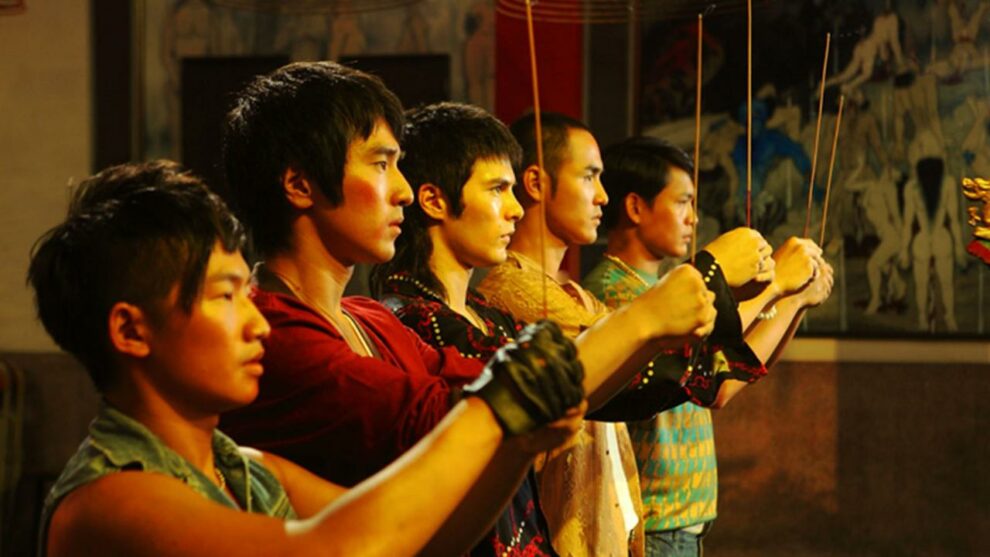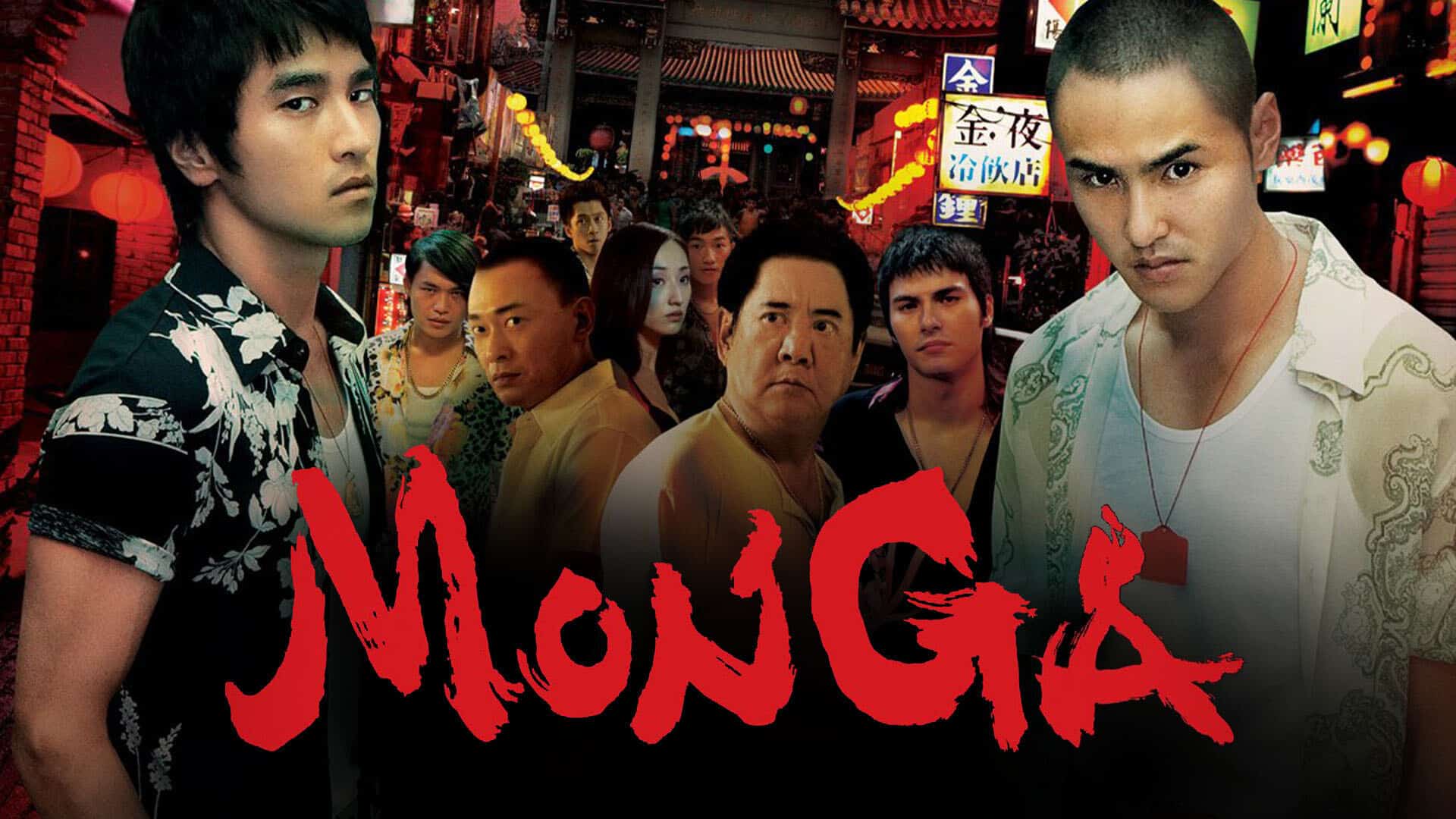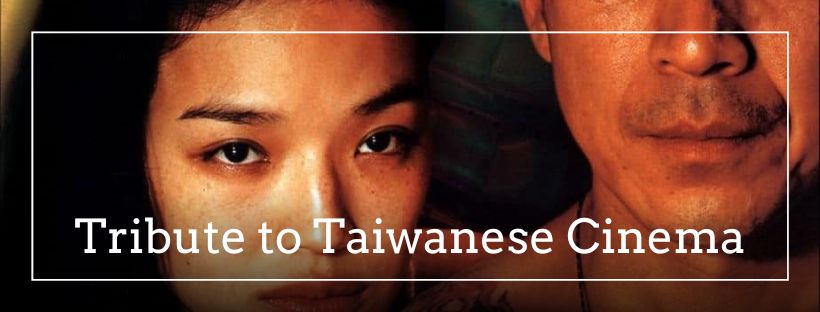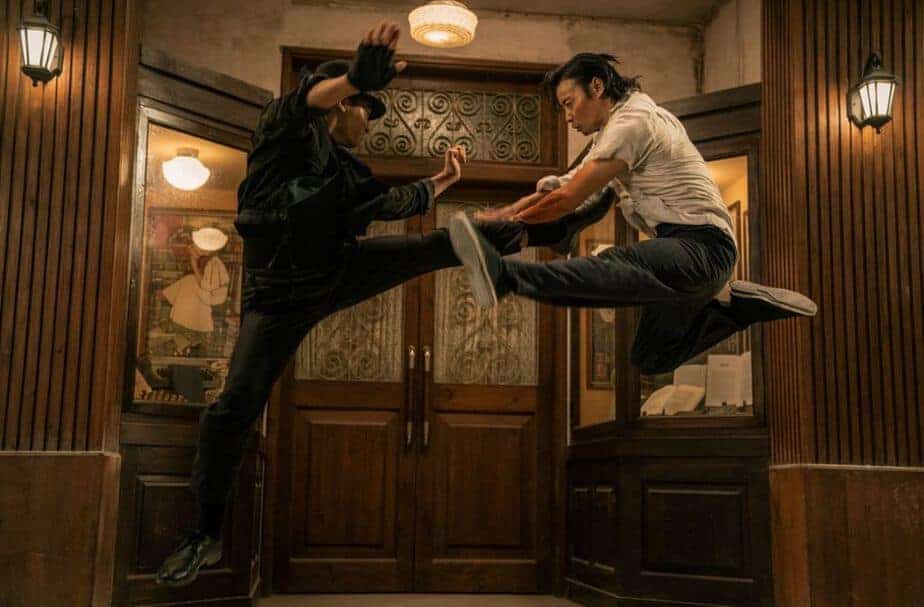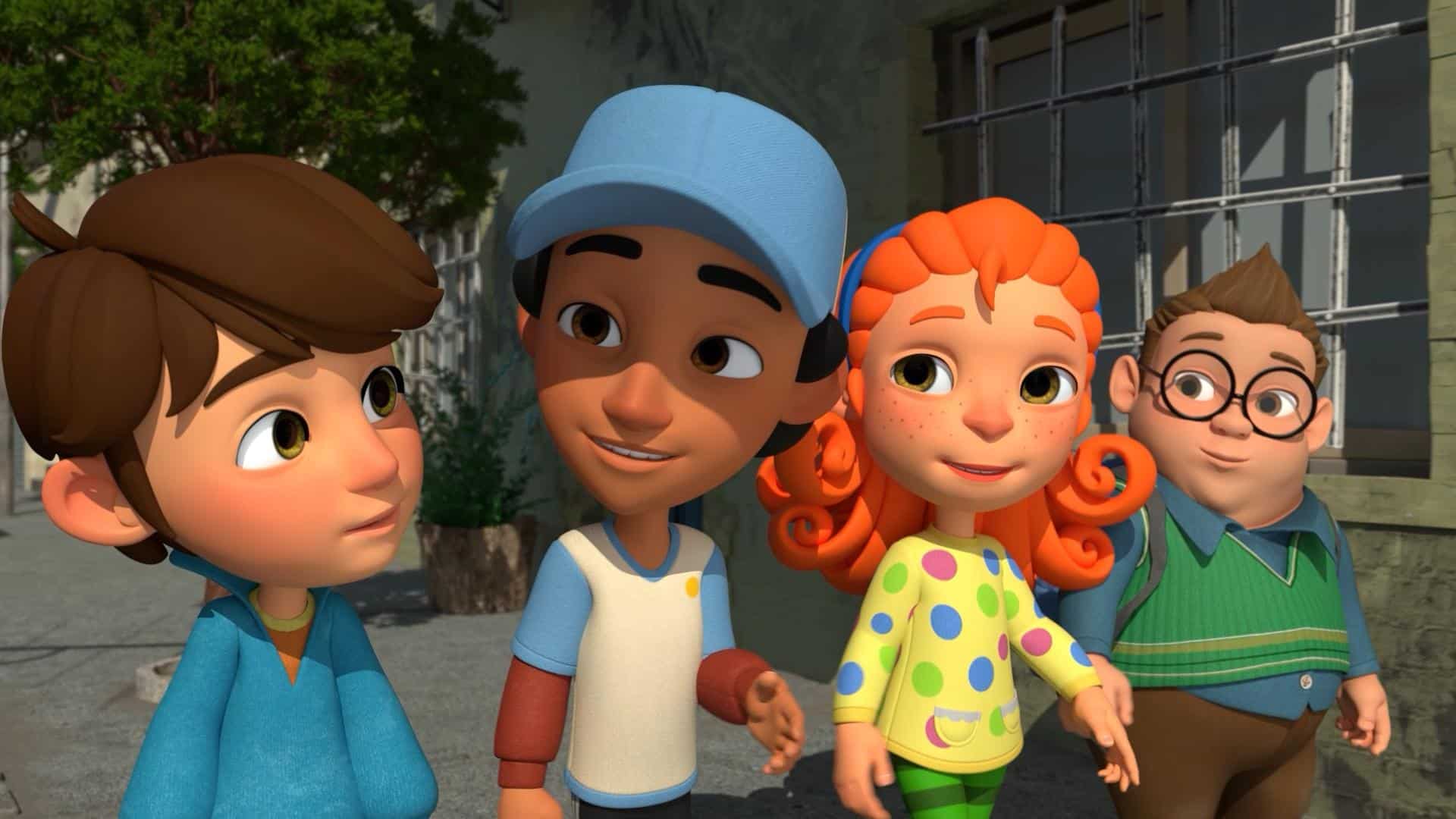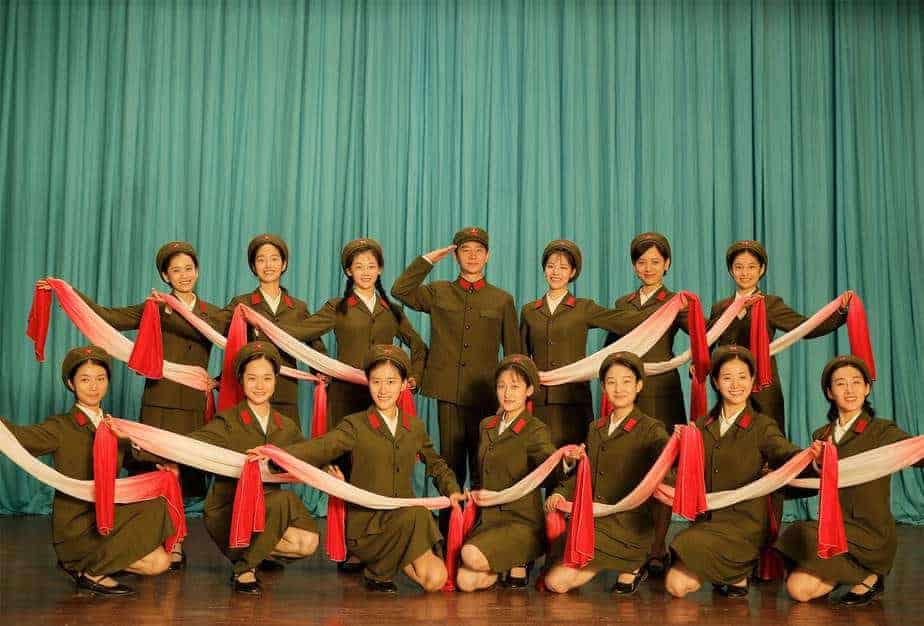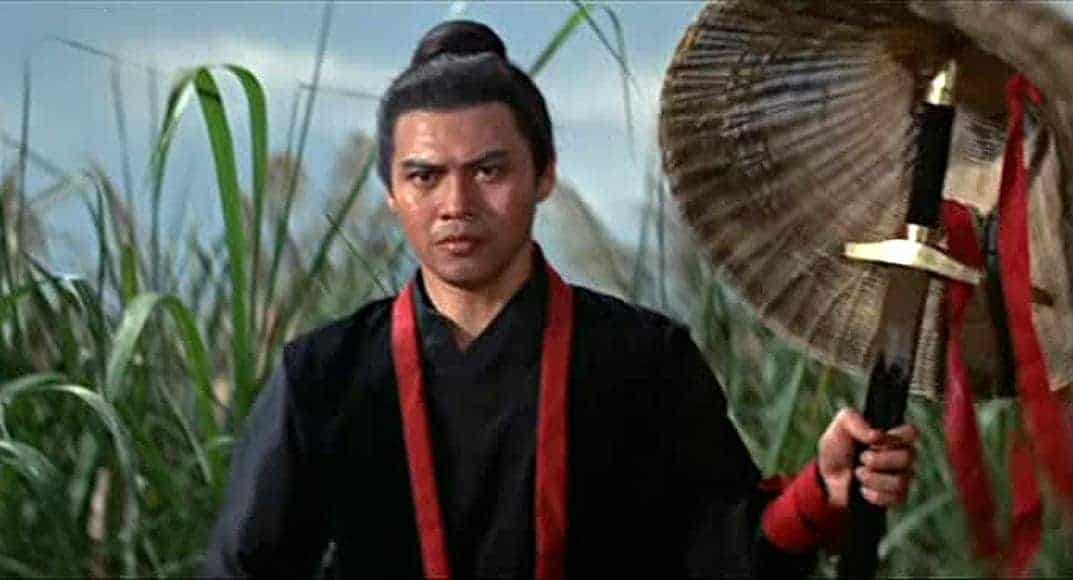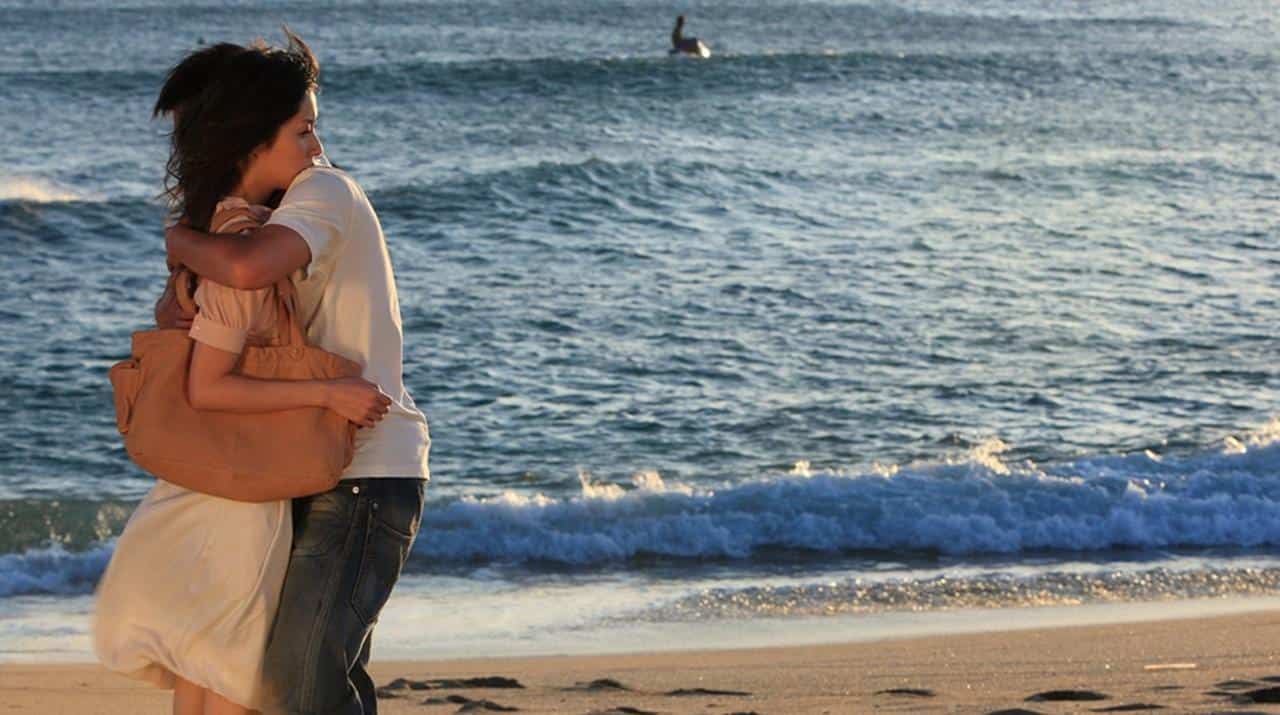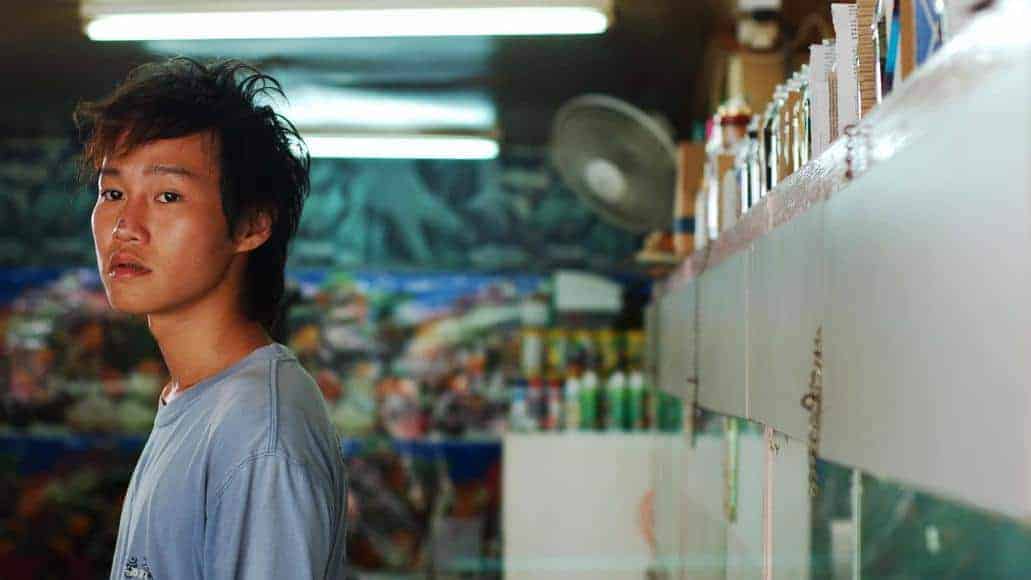Taiwanese actor and director Doze Niu may be able to look back on a career spanning over four decades, but his legacy is ultimately tainted given the charges of sexual assault for which he was sentenced to four years in jail. This is especially tragic as his directorial efforts such as “What on Earth Have I Done Wrong?!” and “Monga” had opened a new chapter for Niu, winning awards at international festivals and known by audiences in many countries. “Monga” may just be one of his best works which was selected at the Taiwanese Entry for Best Foreign Language Films at the Oscars 2010, but which also highlights his prowess in visual storytelling and blending drama with action.
Buy This Title
on Amazon by clicking on the image below
The Wanhua District, also known as Monga, is one of Taipei's many districts. It is also a world of its own, as newcomer Mosquito (Mark Chao) quickly finds out upon his first day at the new high school. Gangs control every aspect of life in the district as well as what happens in school, and often fight one another in order to gain more power. However, he quickly catches the attention of the “Gang of Princes” consisting of Monk (Ethan Juan), Dragon (Rhydian Vaughan), Monkey (Emerson Tsai) and A-po (Frankie Huang). As Dragon's father is one of the triad leaders, Mosquito learns what it means to have respect and no longer be an outsider, aside from having friends for the first time in his life.
However, things change around the district when gangs from the mainland try to extend their power to Taipei and a new group emerges, using guns instead of the traditional knives and swords. Mosquito, having found something close to a family in his life, decides to stick with his brothers and the gang, even though their friendship is tested repeatedly, especially after one of them is suspected of treason.
There are two aspects within the story of “Monga”. The first one follows the narrative and aesthetic structure of the crime drama, with Mosquito's perspective mimicking those of an outsider who slowly learns the ropes and the dynamics of the gang. What is particularly interesting about this aspect is how Niu utilizes the district itself, its various spaces, textures and people, making it essentially a character in its own right. As his friends explain to Mosquito, Wanhua is something close to a constant war zone: each of the gangs fights for territory and thus power, while also holding on to certain principles and traditions, such as the insistence of using knives, swords and other hand-held weapons, as guns are frowned upon. Although Niu makes it perfectly clear the world of the gangs is one defined by violence and hierarchies, there are still some rules in place, a remnant of the old generation, which of course are bound to change.
On the other hand, “Monga” is a story about friendship and brotherhood. The narration is somewhat predictable, especially since once you know the dynamics within the group and the characters, it should come as no surprise to see who will ultimately betray the gang. However, given the performances, in particular Mark Chao and Ethan Juan, this part of the story is still quite gripping and dramatic, even if it occasionally touches upon melodrama and overbearing pathos. Combined with the aforementioned sense of texture, “Monga” becomes quite multi-faceted, as drama, action and even a little bit of comedy make up the feature.
While it does not have the most original story to tell, “Monga” is still entertaining and interesting thanks to its performances and its sense of place and texture. The blend of coming-of-age and gangster drama works quite well, even if its narration is somewhat predictable at times.


